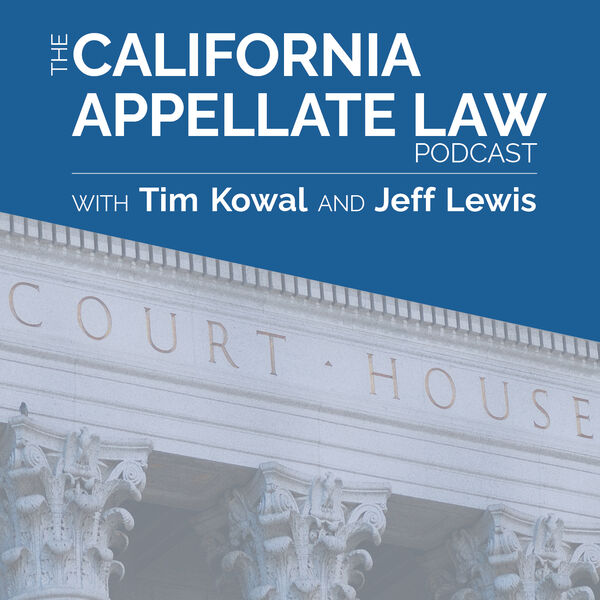
When the appellate court agrees the statement of decision is defective, what happens? Appellate attorneys Jeff Lewis, Anne Grignon, and I discuss a recent case (covered here) that simply gave the trial court another chance to fix the defective statement of decision. I complain this makes waste of the entire appeal and will force a second appeal just to get to the merits. Jeff thinks this result is an outlier. But I have seen it happen before.
One case to consider if you are in this situation is Calloway v. Downie (1961) 195 Cal.App.2d 348, 351-53. There, a husband claimed an agreement to give him certain community property. But in three rounds of requests, his wife, who did not bear the burden of proof, sought findings of a transmutation agreement that would support the husband’s judgment. But the trial court never made the finding. (Id. at pp. 351–52.) Reversing, the court held that “[t]he repeated objections from appellants show that the transformations in the findings indicate a determination by the trial judge that there was in fact no agreement, express or implied.” (Id. at p. 353.)
Thus, Calloway may support an argument that the failure to make a finding should be deemed a finding that the record does not support it.
Watch the clip here.
This is a clip from episode 19 of the California Appellate Law Podcast, available here.